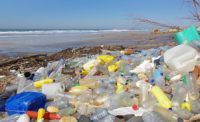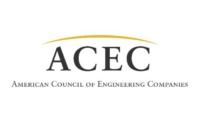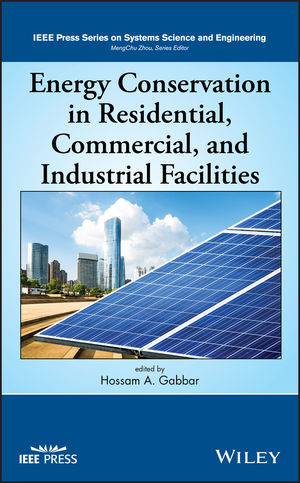Members of the new Northwest Bioproducts Research Institute include the Department of Energy's Pacific Northwest National Laboratory (Richland, WA); DOE's Idaho National Engineering and Environmental Laboratory (Idaho Falls, ID); and Washington State University and the University of Idaho, both comprehensive land-grant universities. Each institution will bring its own unique capabilities, staff and facilities to the institute.
Under terms of the recently signed agreement, the participating universities and federal research laboratories will collaborate to form a nationally renowned, multi-disciplinary research and development program. They will examine and develop methods for converting agricultural and food processing residue and wastes into bio-based fuels, power and industrial products, such as chemicals for plastics, solvents and fibers. Industry, processors and growers will be able to use and profit from the institute's products and technologies and, in some cases, will profit from the discoveries through licenses.
The collaborators noted the institute will help to more fully utilize the productivity of American farms, which are already the most productive in the world. It will explore new uses for such field residue as leaves, straw and stover, or discarded culls, hulls, peelings or pulp remaining after processing. Currently the market for such residues is typically livestock feed, which provides a low economic return to the producer. In some cases, food processing and farm residues can become a financial liability if they require disposal.





